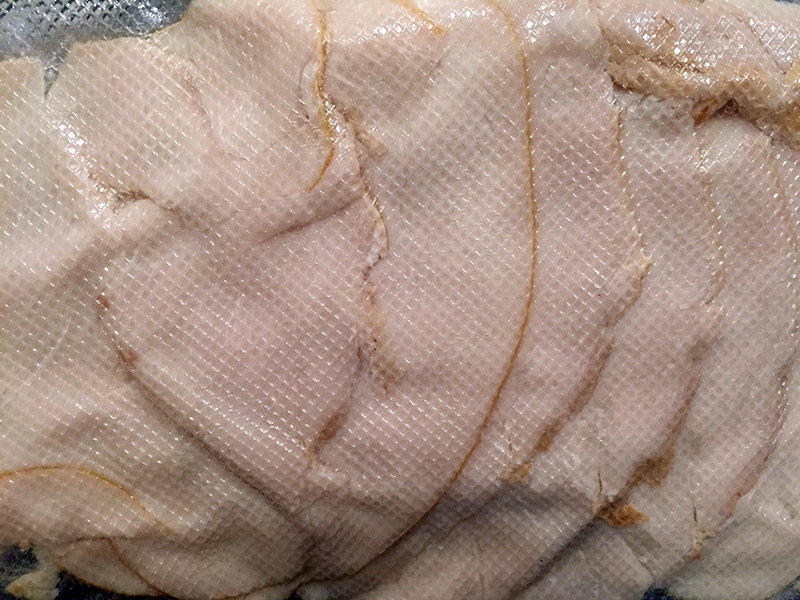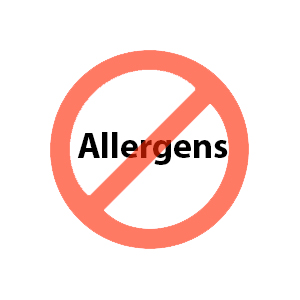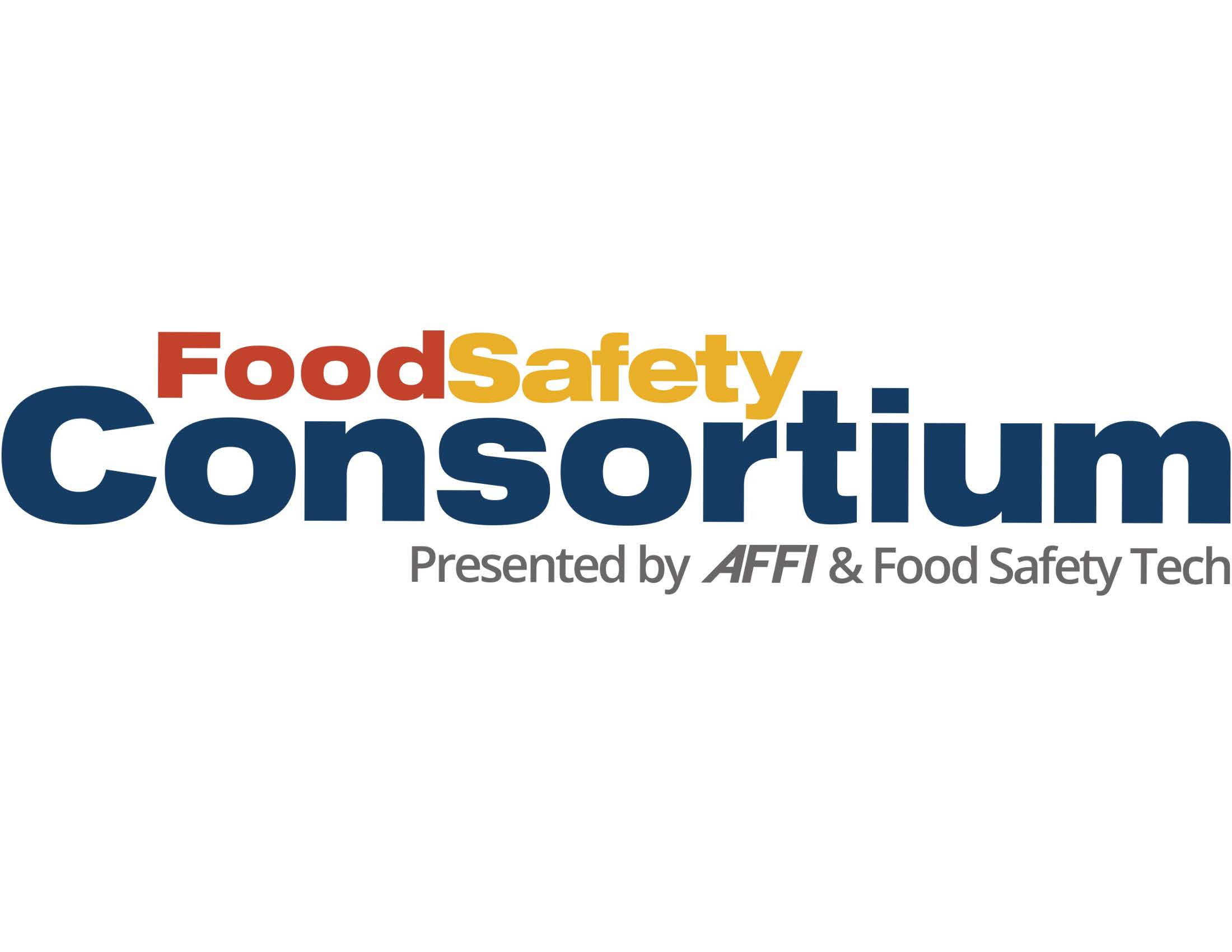

USDA-FSIS is working to identify the suppliers of deli meats, sliced at deli counters, purchased by people in this outbreak.

USDA-FSIS is working to identify the suppliers of deli meats, sliced at deli counters, purchased by people in this outbreak.

Purchasing gloves with FDA “food compliance” alone may not be a sound food safety strategy. In this article, the author provides five key pieces of advice on glove selection and implementation to ensure they remain the foundation of food safety.

The competition was incredibly stiff this year, which is a major testament to the growing number of unstoppable organizations fighting for the livelihood of 33 million US residents suffering from food allergies
While most people think of nutritionists as general advisors who sit down with them one-on-one to create diet plans, their role goes far beyond that. Nutrition specialists play a critical role in educating the public with regard to food safety.

The economic impact of food safety issues can be significant. Food safety concerns can limit the ability of countries to export their products to other markets, leading to decreased economic growth. To mitigate these impacts, governments and industry can invest in education and awareness campaigns, improve access to clean water and electricity, and promote sustainable agriculture practices. By taking these steps, we can work towards a safer and more sustainable global food supply.

Food safety culture isn’t just for manufacturers and processors. The food service industry also needs to develop a culture that prioritizes food safety at every level, from management to front-line employees. Here’s how to get started.

In an era where food safety and quality are paramount, the restaurant industry faces the challenge of maintaining transparency and accountability from farm to table. This article explores advanced traceability systems and their pivotal role in enhancing food safety protocols, ensuring product integrity, and fostering consumer confidence. Through innovative technologies and strategic practices, restaurants can effectively mitigate risks associated with foodborne illnesses and position themselves as leaders in food safety.

This collaboration underscores the shared commitment of AFFI and Food Safety Tech to elevate industry standards, and the exploration of key scientific and regulatory developments impacting public health and safety and its implications for food production.

Cold storage monitoring is crucial to prevent spoilage and equipment repair costs, and IoT sensors are becoming a key tool to reduce waste and costs and ensure food safety.

Fostering a robust food safety culture requires collaboration and accountability across the entire supply chain, as well as among government inspectors, private auditors, and consumers.